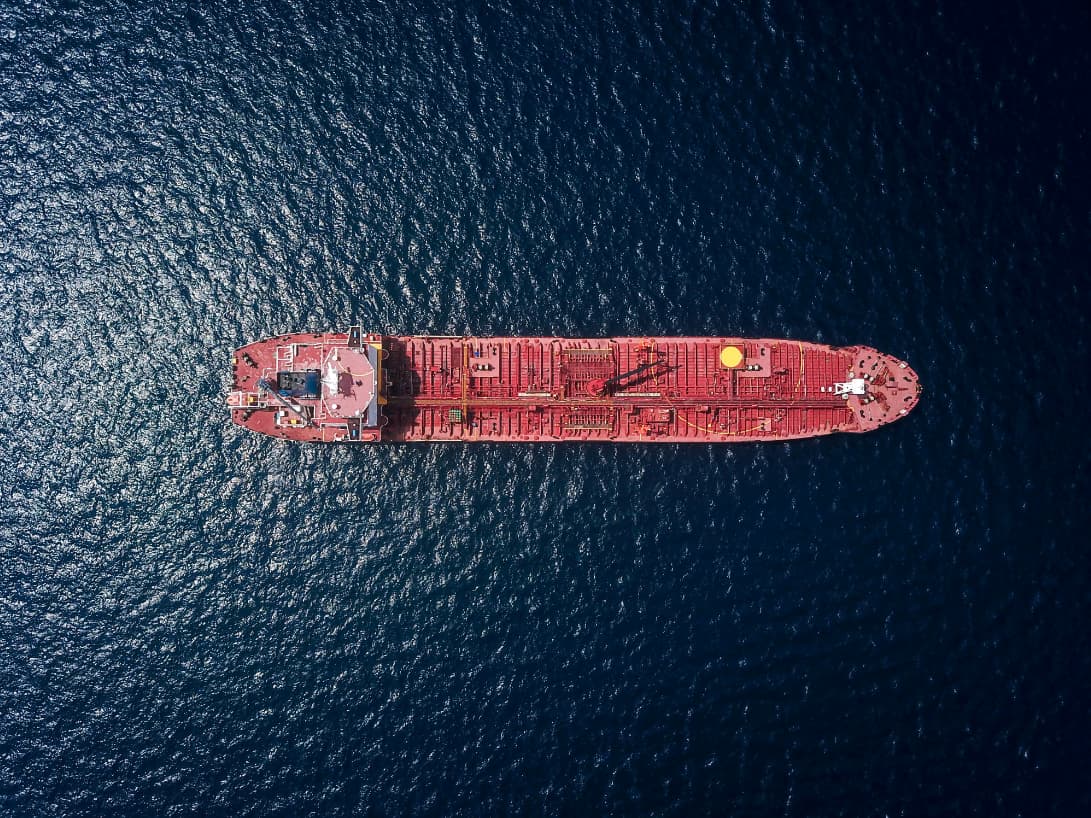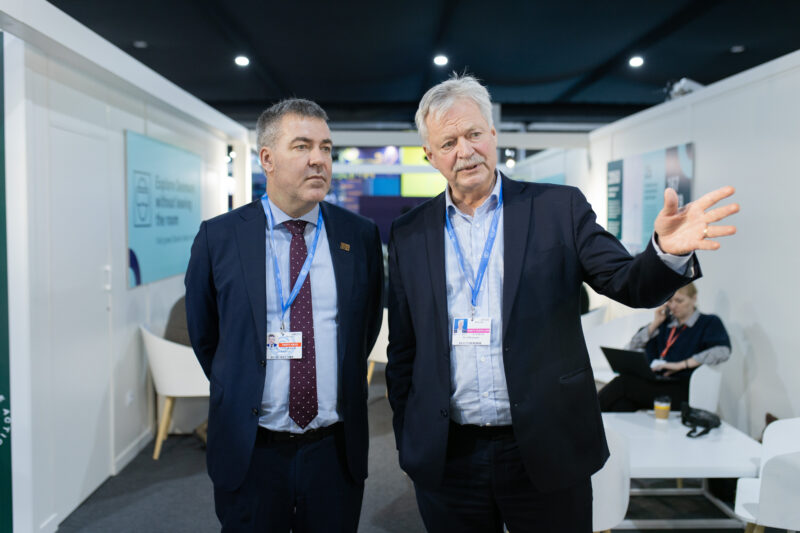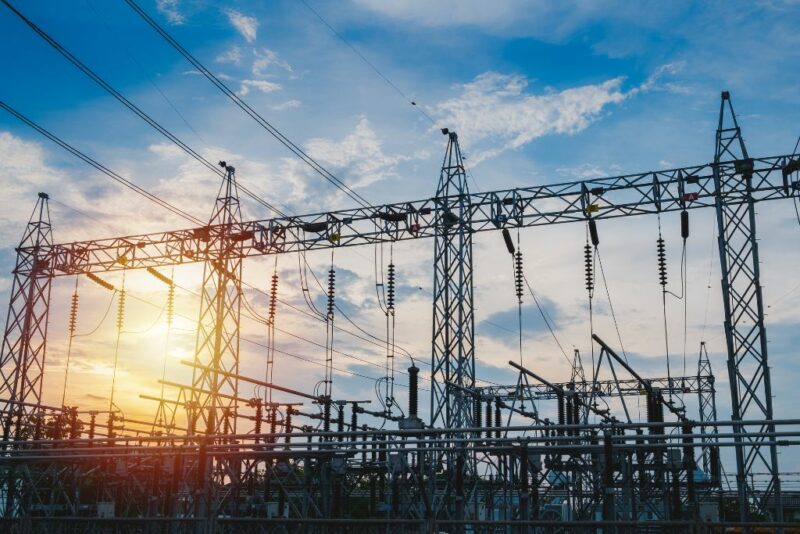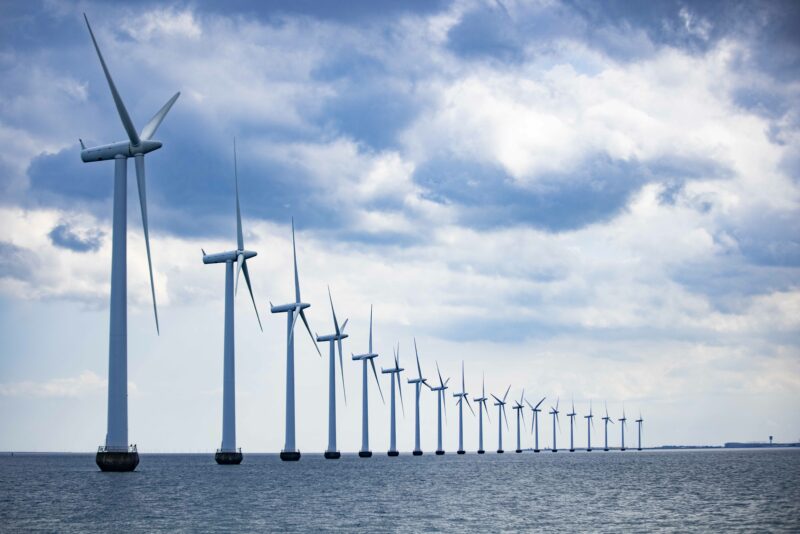News
Getting to Zero Coalition: A Maritime Moonshot


International shipping emits 2-3 percent of global GHG emissions, transporting close to 80 percent of global trade by volume. To curb the emissions from shipping, the IMO has agreed on an ambition to reduce GHG emissions from shipping by at least 50 percent by 2050. To reach this goal and to make the transition to full decarbonization possible, commercially viable zero emission vessels must start entering the global fleet by 2030, with their numbers to be radically scaled up through the 2030s and 2040s. This will require both developing the vessels as well as the future fuel supply chain, which can only be done through close collaboration and deliberate collective action between the maritime industry, the energy sector, the financial sector, and governments and IGOs.
Making Zero Emission Shipping a Reality
Global partnerships are the key to achieving the maritime sector's goals by 2030. The Getting to Zero Coalition Partnership fills this gap by uniting more than 100 stakeholders across the shipping industry, companies, think tanks and IGO’s with the support of 14 governments, including Chile, Denmark, The Netherlands and Korea.
There are now more than 160 members in the partnership who have a coordinated a holistic approach to the policy framework, investments, tests and implementation of new zero-emission ships, fuels and infrastructures. The partnership demonstrates the significant development gains that developing and middle-income countries can make by using cheap CO2 energy sources derived from abundant untapped renewable resources.
While the business opportunities in shipping may be a few years ahead, the energy transition in other sectors of the economy is imminent. Therefore, it is important for the project to explore synergies with other sectors such as land-based transport. Determined collective action in shipping can increase confidence among suppliers of future fuels that the sector is moving in this direction. This will translate through the supply chain into increased demand for zero emission fuels. It could also be an important point of leverage for change across other hard-to-abate sector, thus accelerating the broader energy transition.
New marine fuels, derived from abundant untapped renewable resources, could also bring substantial development gains. Ports and shipping already underpin many countries’ economic growth; if shipping becomes a reliable source of demand for zero emission fuels, it has the potential to drive investment in energy projects in developing and middle-income countries.
[embed]https://www.youtube.com/watch?v=KMVbIOdhIEg[/embed]
Investing in Impact
P4G has invested $530,000 in this partnership. The partnership will focus its efforts in Indonesia, Mexico and South Africa to identify investment opportunities to build a globally sustainable shipping supply chain.
The coalition is endorsed by 14 governments including P4G country partners like Chile, Denmark, The Netherlands and the Republic of Korea. It aims to demonstrate the substantial gains developing and middle-income countries can make by deploying low cost zero energy carbon sources derived from untapped renewable resources.
Learn more about the Getting to Zero Coalition here.
Partners: Global Maritime Forum, World Economic Forum, Friends of Ocean Action, International Association of Ports and Harbors, Environmental Defense Fund and University College London Energy Institute
Photo by Shaah Shahidh on Unsplash
You should consider reading
solutions
Combined heat and power production
+6
CopenHill: The story of the iconic waste-to-energy plant
20 November 2024solutions
Energy efficiency in buildings
+2















